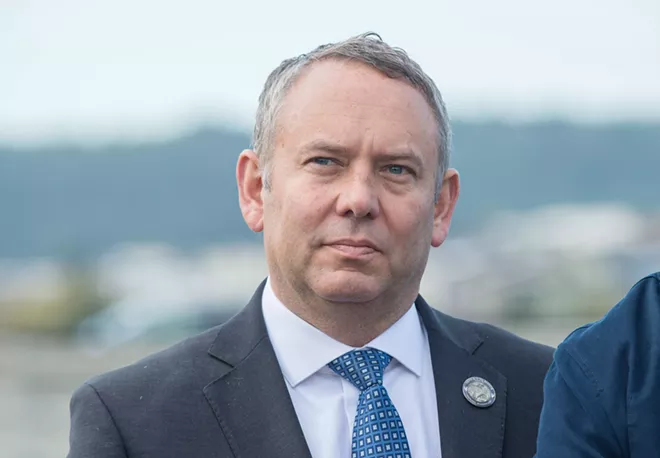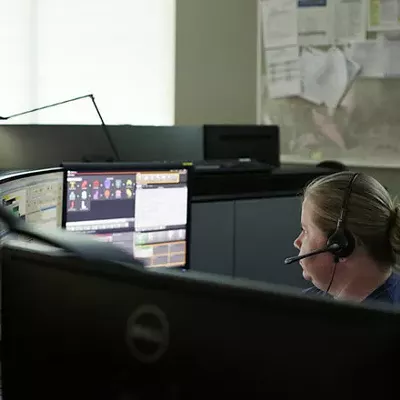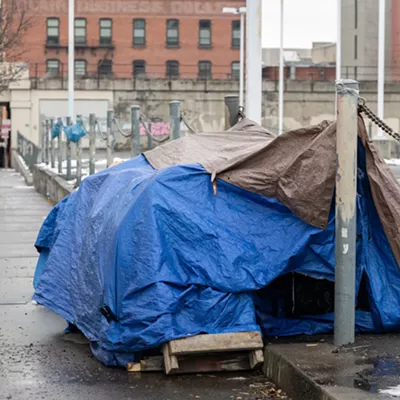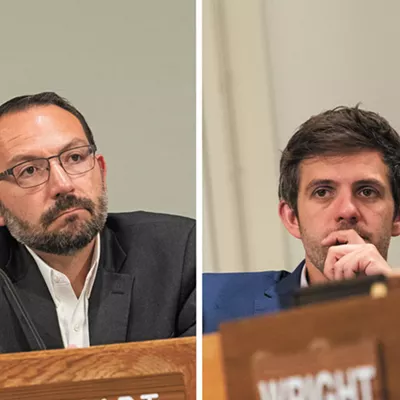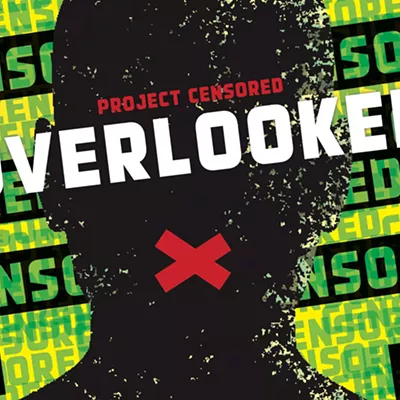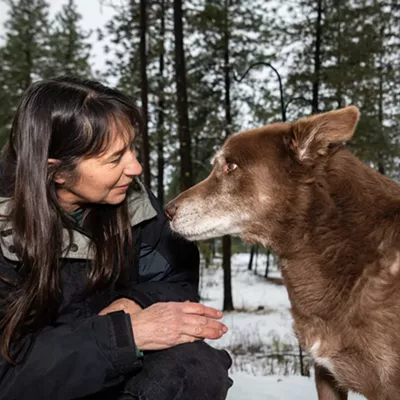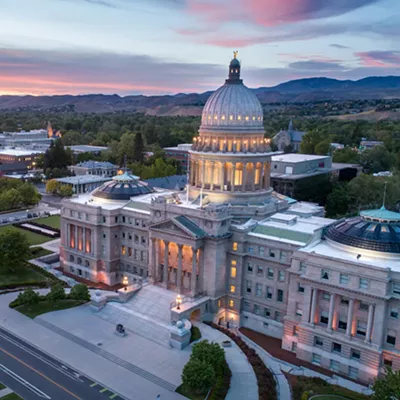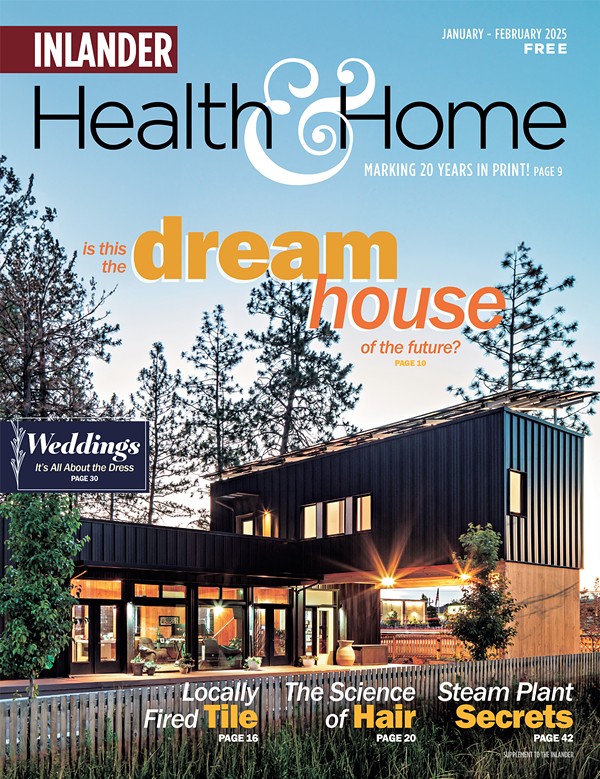Today, we have a big story on the eight years of the Condon administration, and the accomplishments — and problems — Condon leaves behind.
During our interview, the Inlander asked Condon what he believed was his biggest mistake: But Condon didn't deliver one of the potential answers we expected. He didn't name anything to do with the Frank Straub scandal, property crime, the temporary grant to hire more firefighters or the fight over integrating the 911 dispatcher systems.
Instead, he paused for a while to consider it. And then he talked about the proposed downtown high school football stadium that voters overwhelmingly rejected last year, lamenting his "inability to bring the community around to see that vision."
Condon brought a number of physical landmarks to the downtown Spokane area, including an upgraded Riverfront Park and a forthcoming Sportsplex on the north bank of the Spokane River. But the spot that could have been a high school football stadium for Spokane Public Schools is remaining a parking lot.
Condon sees himself as a "transformative" mayor, and he argues that the stadium could have been transformational, even in the psychological sense.
"The idea of having a downtown open-air stadium, I think would be transformative for this community," Condon says. "I think sports now brings people together when, in many ways, we're divided politically."
"We come together and there's a heartbeat of a community," Condon says. "The platform of sports does help out a community in that way. Everybody's on the same team and they're rooting for the same team."
So what went wrong? Condon acknowledges he may have not fought hard enough for the project, but he also says there were other issues. He suggests that the city may have not done a good enough job of clearly laying out the benefits of the proposal. And then there was the speed at which it came up.
"There's a timing issue," Condon says.
Councilman-elect Michael Cathcart, who ran the campaign to locate the high school stadium downtown, says the administration "unnecessarily sped it up to get it on the ballot" worried the school district would act first.
"In hindsight, talking with some folks after the campaign, they all felt like they could have waited and we could have had a better outcome," Cathcart says.
Shortly before the vote, the Public Facilities District came up with a proposal to place the stadium inside the Sportsplex (which could have saved the school district, the city and the facilities district significant amounts of money). But that proposal was only formally introduced after last year's election. Since the voters just signaled they didn't want a stadium downtown, the school board didn't want to look like they were opposing voters' wishes.
Part of the challenge surrounding the stadium question was all the confusion. Some voters may have thought the choice was between keeping Joe Albi and building a new stadium — when Joe Albi was being demolished either way, the only question was about the site.
"It just wasn't very clear to people, by keeping at Joe Albi, you weren't fixing it up, you were replacing the whole thing," Cathcart says. And voters had big questions about parking. Cathcart says the city had clear answers on how to deal with the parking issue, including signed agreements from surrounding neighbors explaining they were willing to let their parking lots be used for parking for high school football games. Cathcart wanted those documents to show to the voters.
"Literally, I was told, it’s just sitting on somebody's computer," Cathcart says. But when he asked Condon for it, Cathcart says, he was told to file a public records request. The records didn't show up until long after the election.
It's possible, Cathcart says, that Condon didn't just immediately release the records because he didn't want it to be seen as a "use of city of resources to benefit a political campaign."
Ultimately, the questions surrounding parking weren't clearly answered until late in the process. "I think maybe one of the challenges is that a lot of that clarification came after a lot of people had already voted," Rick Romero, a senior advisor to the mayor who pushed for the downtown stadium, told the Inlander last year.
Condon says there's always a tension: Do you tell the public about a proposed idea right away, or do you wait until you've answered all the questions?
"This is probably the balance between you know, quote-unquote, 'transparency' and having all the answers," Condon says.
You can be transparent and bring everyone in early on, Condon says, which he generally agrees with. But he says that can also backfire.
"But then if you don't have all the answers and people start filling in the answers for you a little quick," Condon says.

